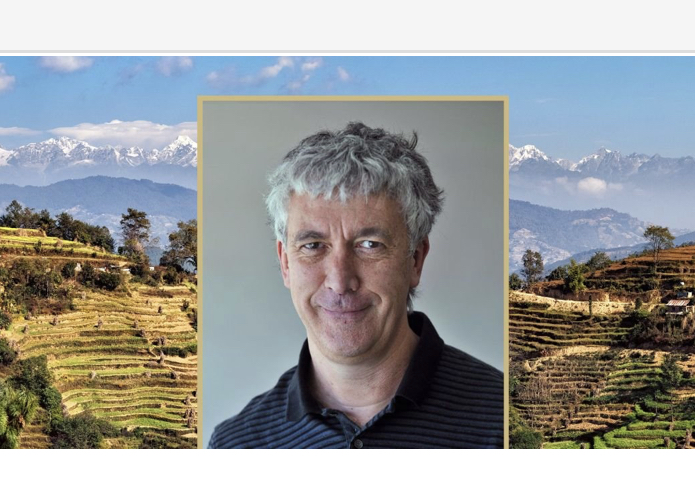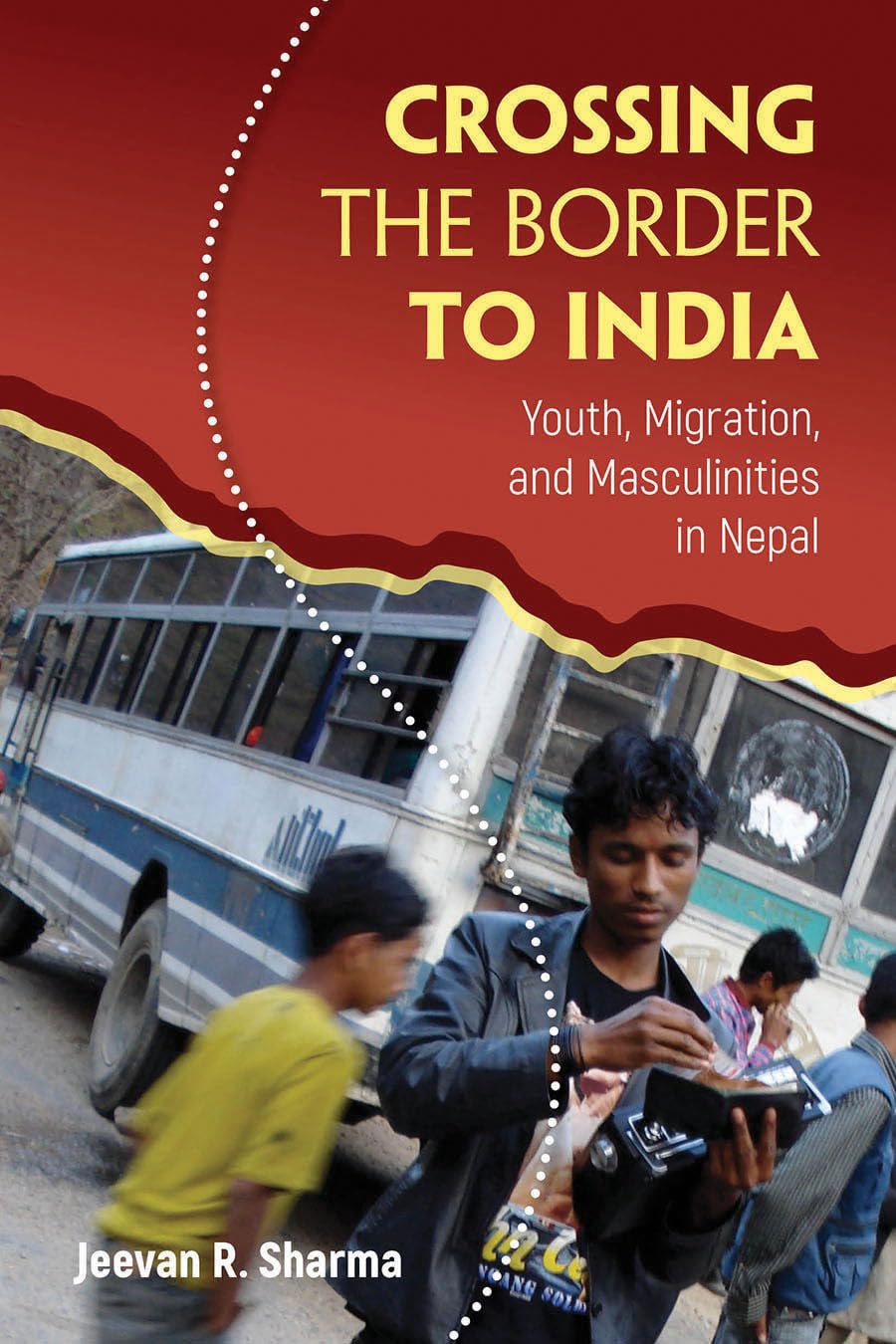Fulbright Scholar Aims to Advance Care for Craniofacial Anomalies in Nepal Through Genetic Research

Kathmandu, Nepal – Dr. Trevor Williams, a renowned researcher in craniofacial/molecular biology from the University of Colorado School of Dental Medicine, has been awarded a Fulbright Scholar award. With decades of expertise in studying genetic underpinnings of craniofacial anomalies, he now seeks to bring his knowledge to Nepal, a country in south Asia, to advance care for people with cleft lips and palates, helping them overcome physical and psychological challenges.
An estimated 170,000 children in developing countries are born with craniofacial defects annually, according to Smile Train, a nonprofit providing cleft surgery worldwide. While some countries have connected cleft surgeries with tissue sample collection for research purposes, Nepal lacks such efforts. Dr. Williams aims to change this by establishing a system to collect and analyze DNA samples within the landlocked nation, focusing on regions with a high prevalence of craniofacial anomalies.
Williams plans to develop a registry to identify populations at the greatest risk of craniofacial conditions, which are caused by genetic and environmental factors or a combination of both. In particular, he intends to study genetic mutations underlying both syndromic and non-syndromic types of craniofacial defects. The research will be conducted in Janakpur, where it is believed that approximately 50% of cleft lip and palate cases may be genetically based.
Genetic mutations often surface in small, isolated populations with frequent inter-marriage, making them ideal candidates for studying the underlying causes. By identifying rare mutations, it can offer insight into potential customized treatments for affected individuals.
While Nepal has skilled surgeons performing craniofacial surgeries, there is a lack of infrastructure for systematic DNA collections and analysis. Williams emphasizes the importance of a team-science approach, involving doctors, laboratories, basic scientists, and the Nepalese government to improve cleft lip and palate identification, treatment, and prevention.
Although garnering resources from the government may pose challenges, Williams is optimistic that officials will support this multi-year effort. He aims to collaborate with Nepal researchers to secure grants and encourages Smile Train physicians to invest in sample collection during surgeries.
“My hope is to bring people together who are invested in genetic analysis and treatment of craniofacial cleft so that Nepal gets the level of interest and care that other countries in the world have,” Williams said. “I’d like to see a registry for identifying patients, a system for collecting DNA, a system for analyzing that DNA – all occurring mainly within Nepal itself.”
Dr. Williams’ dedication to improving craniofacial care in Nepal not only aims to benefit affected individuals in the region but also hopes to inspire future researchers and scientists to pursue solutions for challenging medical conditions.


















Facebook Comments